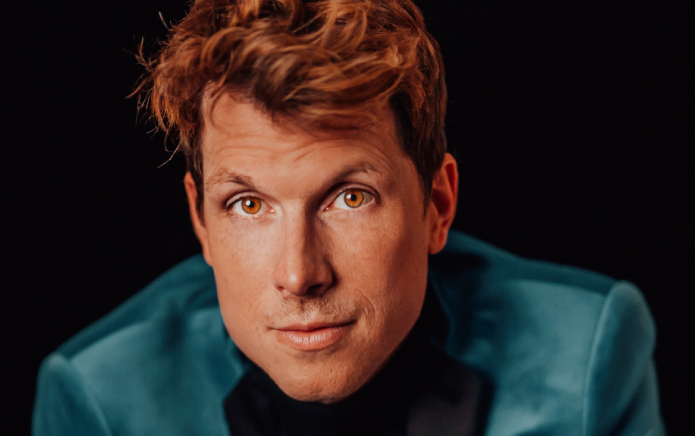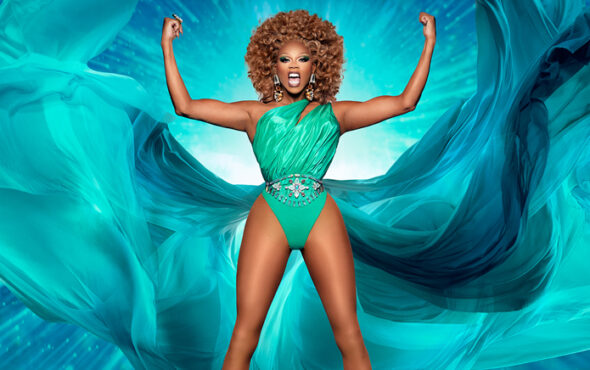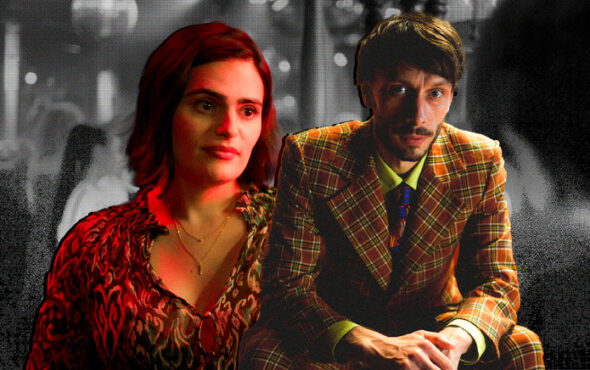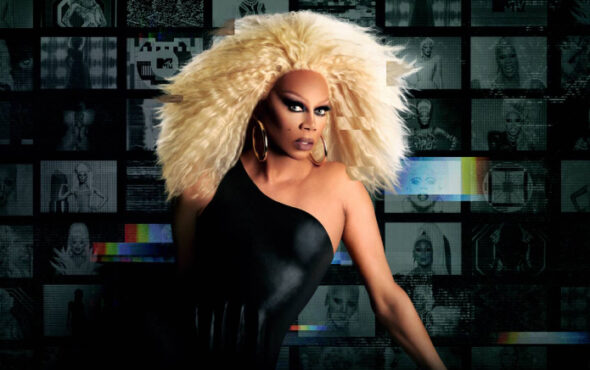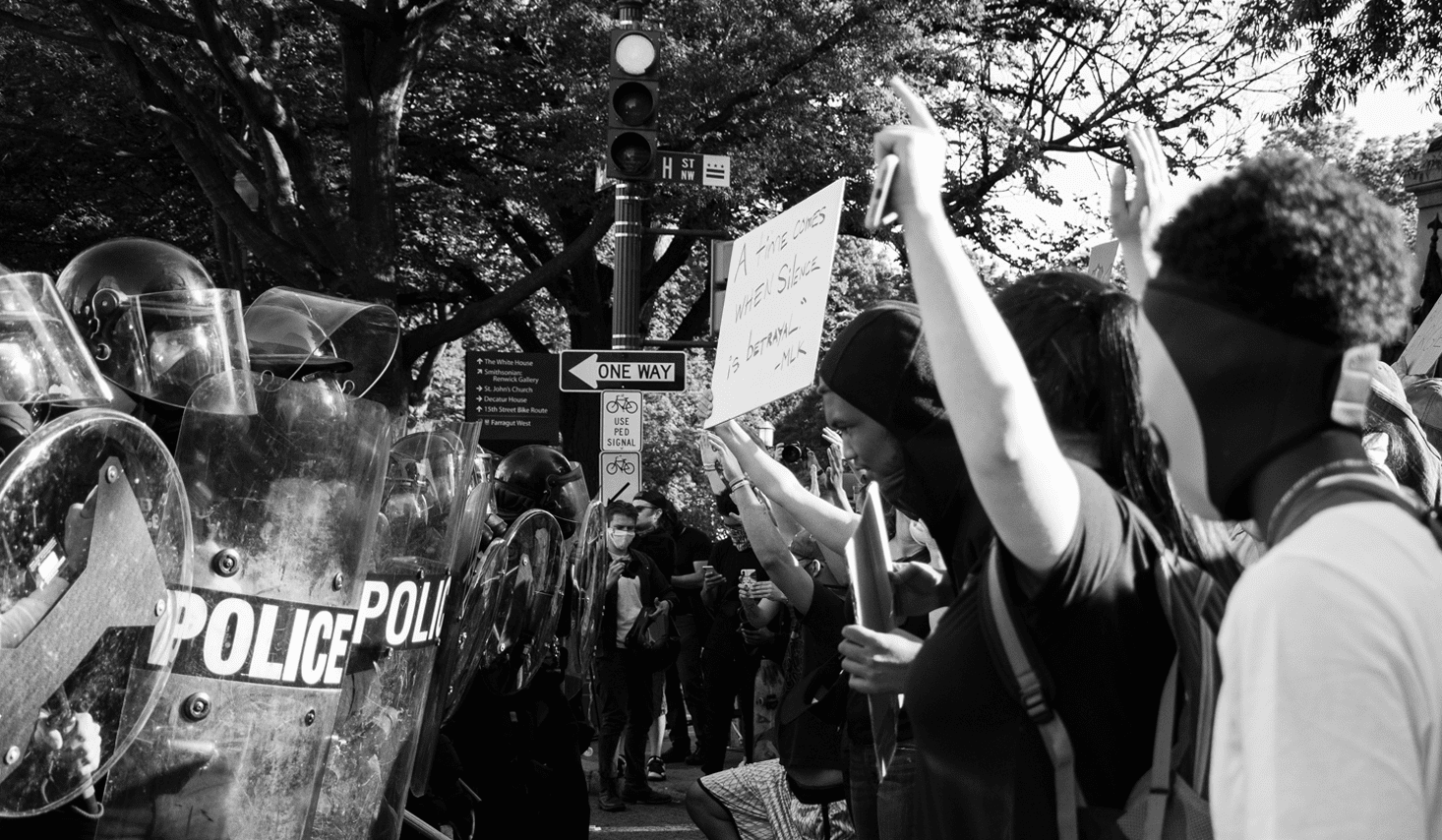
Whether it’s Pride, the Black Lives Matter movement or Me Too, all political causes now have an online presence, specifically a social media imprint. Platforms like Instagram and Twitter have become handy tools to spread awareness of issues in a digestible short-form format, and when done well can capture a powerful message to educate and empower audiences. On the flipside, when used terribly we’ve learned that online performative wokeness serves little to no constructive outcome in tackling systemic structures that disadvantage minorities.
Take Blackout Tuesday, for example: Instagram users rushed to post black squares to promote allyship with the Black Lives Matter movement. In doing so, the mainstream focus was shifted from the injustice occurring amongst the protest and drowned out vital Black voices under the Black Lives Matter hashtag. It became a political trend that moved the attention from education and grassroots activism to a hollow digital gesture. Considering the lessons I thought we’d all learned since last summer, I find it ironic CBS has gone ahead and greenlit a show continuing to commercialise activism. Maybe the network has run out of fresh ideas, but this is a half-baked take on meaningful activism.
The Activist is a five-week reality series that will pair six activists with three high-profile figures in an effort to bring about “meaningful change”, according to Deadline. The three categories in question? Health, education, and the environment. The contestant’s success will be measured by social media engagement and reactions online. This capitalist nightmare game show pitch sounds as tokenist as they come and, if anything, reads like a politically and socially disengaged person’s hot take on activism; it’s pretty bleak. When the news hit Twitter, you can imagine the response — it was pretty scathing. Online users launched into memes and witty commentary tearing the premise of the show apart. One user satirically posted: “Sorry charlie your post didn’t get enough likes, we are tearing down your orphanage.” Who’s going to win when global warming and child hunger are in an X-Factor deadlock? Good luck to the voters!
But, it doesn’t stop there because it wouldn’t be an entertainment series if celebrities weren’t in the mix. Usher, Priyanka Chopra Jonas, and Julianne Hough will be the trio of unconventional stars getting folded into the competition programme. We’re still trying to figure out what qualifies them as co-hosts for The Activist. Both Priyanka Chopra Jonas and Julianne Hough have both acted on some questionable behaviour — with Chopra Jonas making questionable comments about war, and Julianne Hough’s use of blackface for a Halloween costume. This really doesn’t pass the vibe check.
There’s no foolproof way to be an activist, but a celebrity-backed panel show that is affiliated with an organisation (Global Citizen) seems to scapegoat the crux of modern activism: community-wide solidarity and a relentless push for genuine change. While The Activist may have its best intentions lined up, it feels like it’s pandering to the modern hunger for reality show-based entertainment. Even activist Jameela Jamil questioned the basis of the show. The British actor critiqued the “unbelievably expensive talent” and probed why the series couldn’t donate money directly to activist causes rather than make a spectacle of it all, and rightfully so. Do we need a high-flying show with rich actors and a fancy opening title sequence to establish our principles and publicly promote our dedication to aiding charity?
While the absurdist notion of the show has captured our attention, it has reminded many of us that the capitalist essence of the competitive gameshow is not far removed from our everyday reality. When a former reality show personality can convince a global superpower, like the US, that becoming president will instigate positive change, are we really surprised where we’ve ended up? The world of reality television and political and social power have been blurred too much, so it was only a matter of time before social justice became a target for cheaply-produced entertainment. As author Kate Aronoff quipped: “It would be terrible to make activists satisfy an arbitrary set of metrics to please a disconnected set of wealthy people who control the funding.”
Sure, The Activist could raise awareness of important issues and educate a wider audience. It may even convince brands and organisations to invest in some of the causes featured on the show. But in the long run, I can’t see a pragmatic purpose. For me, the game show is just another flimsy idea plucked from a network running out of innovation. Maybe a viral tweet poking fun at a ludicrous game show idea is too much for us to handle right now. But if anything, The Activist has had me questioning — are we doomed?
